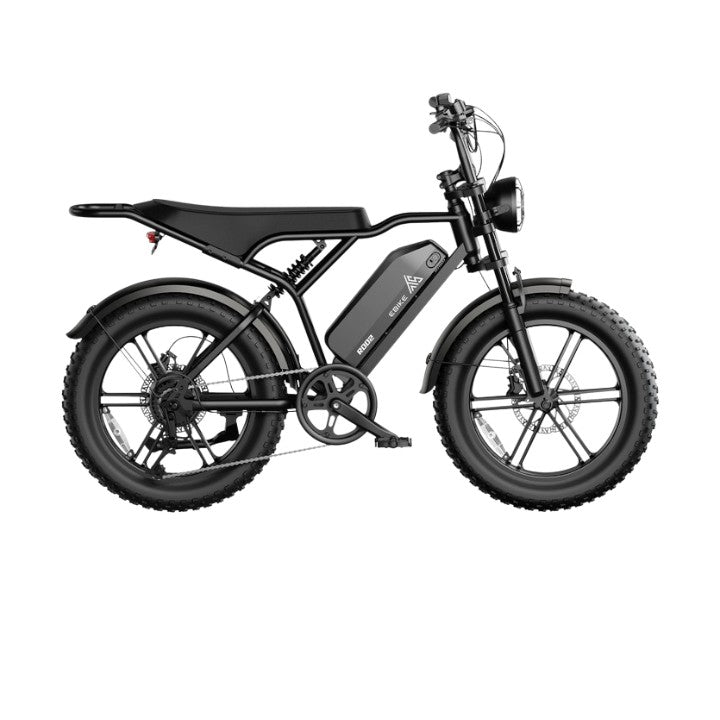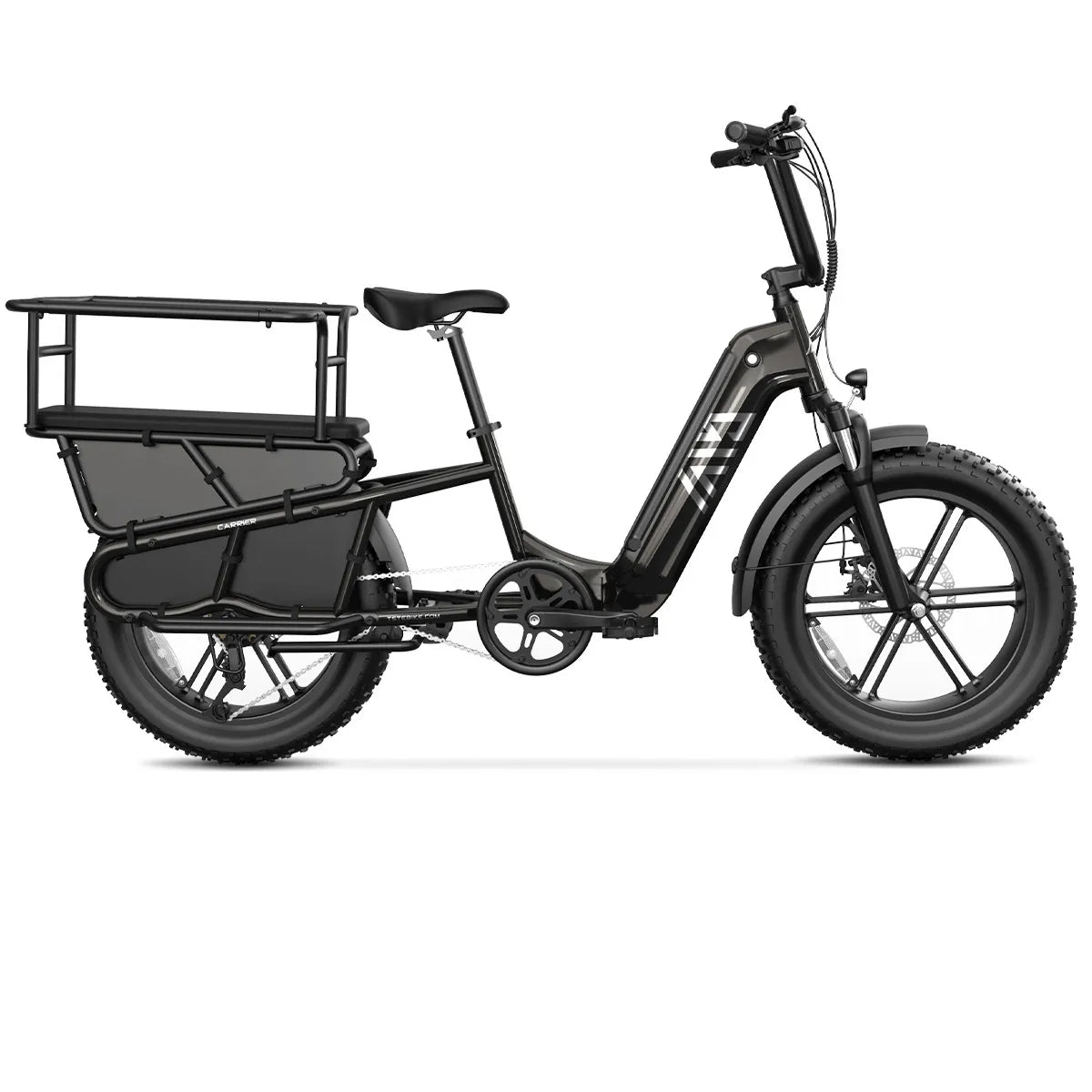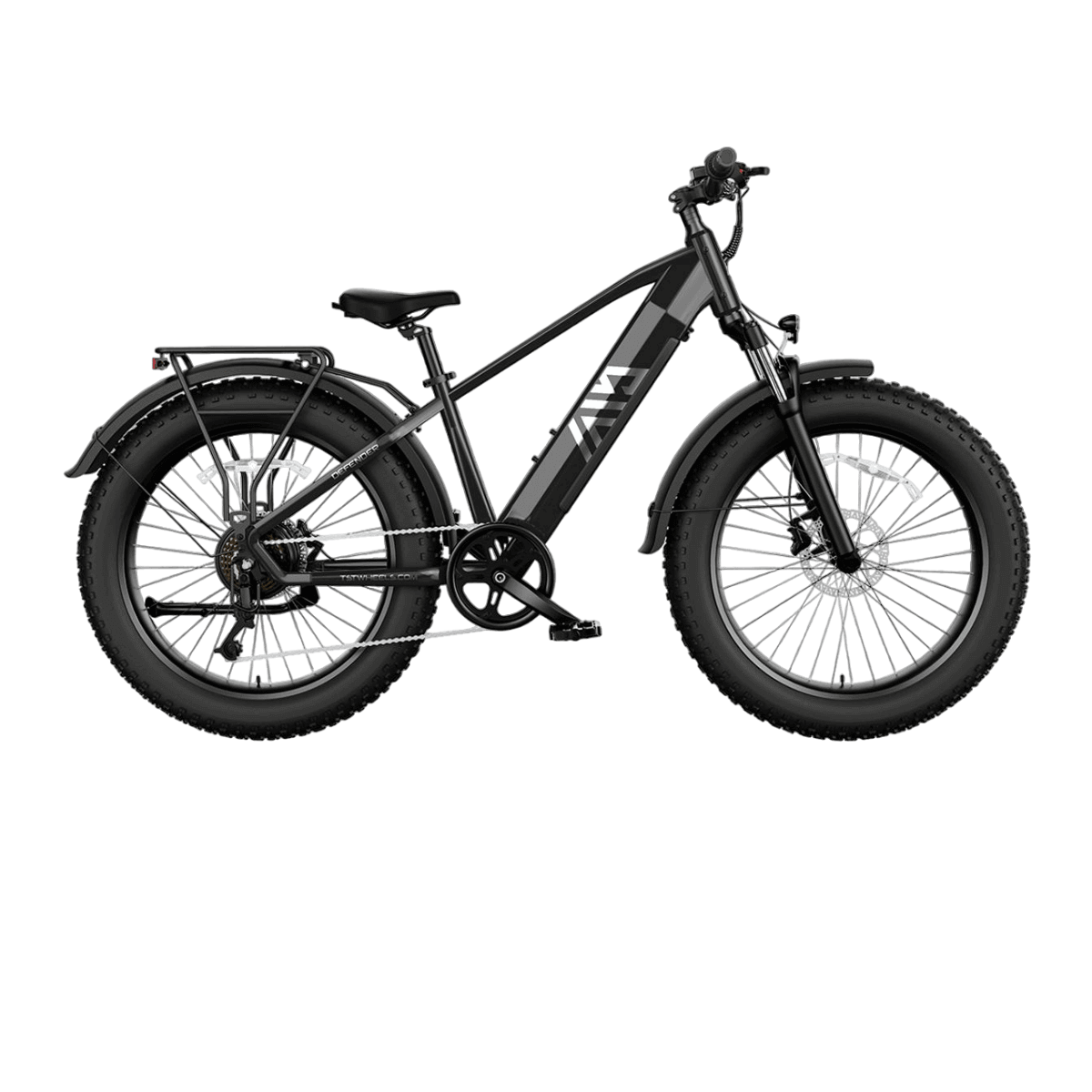Cargo bikes offer a practical, eco-friendly alternative to cars for daily transportation, especially for those needing to carry groceries, children, or work gear regularly. With electric assistance, they ease the effort of hauling heavy loads and climbing hills, while their compact size helps avoid traffic congestion and parking hassles. Choosing a cargo bike for daily use can enhance convenience, reduce costs, and promote a healthier lifestyle.
What practical benefits do cargo bikes provide for everyday commuting and errands?
Cargo bikes allow consolidating multiple errands or transporting passengers in one trip with ample carrying capacity. Their ability to use bike lanes and city paths often results in faster, more predictable travel times in congestion-prone areas. Electric motors reduce physical exertion, enabling riders to cover longer distances and challenging terrain with less fatigue, making cargo bikes an efficient tool for urban mobility.
How do cargo bikes contribute to environmental sustainability and cost savings?
Shifting to cargo bikes dramatically lowers carbon emissions and noise pollution compared to cars, contributing positively to urban air quality. They require minimal fuel or electricity and incur lower maintenance, insurance, and parking costs. Over time, transitioning to cargo bikes translates into significant economic savings alongside the environmental benefits.
Which cargo bike models and sizes match diverse daily transportation needs?
TST EBike’s 26-inch models excel on rough terrains such as sand and snow, while 27-inch models favor city commuting and light trail riding. Other popular models like Urban Arrow and Tern GSD offer modular configurations suitable for families and small businesses, with customizable seating and cargo options. Match your cargo volume, passenger needs, and commute distance to bike size, motor power, and battery capacity.
What health and lifestyle advantages come with daily cargo biking?
Daily cycling improves cardiovascular health, mental well-being, and physical fitness. Cargo bike riders often experience reduced stress from avoiding traffic jams and parking struggles. Integrating exercise with commuting supports healthier lifestyles without demanding extra time, enhancing overall quality of life.
How do electric cargo bikes maintain performance when carrying heavy loads daily?
Electric motors deliver consistent pedal assist power that mitigates the strain of hauling weight, while large-capacity batteries provide extended ranges ideal for business or family transport. Advanced motor control and sturdy frames ensure stability and safety regardless of load, making daily heavy hauling manageable and efficient.
What maintenance practices ensure reliability for daily cargo bike users?
Regular checks on tires, brakes, drivetrain, and batteries preserve performance and longevity. Specific attention to the frame and suspension, which endure load stresses, is crucial. Reliable manufacturers like TST EBike emphasize durable materials and designs that minimize frequent repairs and enable straightforward upkeep to keep daily use smooth.
Buying Tips
When buying a cargo bike for daily use, evaluate your hauling and passenger needs, terrain, and commute length. Prioritize models with powerful motors, ample battery capacity, and sturdy frames designed for heavy loads. Assess adaptability through modular accessories for added convenience. Trusted brands such as TST EBike provide dependable quality, customer support, and product innovation suited for intensive daily use.
TST EBike Expert Views
“TST EBike considers cargo bikes essential for transforming urban mobility sustainably and practically,” a company expert states. “Our 26-inch and 27-inch models balance power, capacity, and comfort, designed from rider feedback and rigorous quality control. We help families and businesses alike embrace healthy, efficient, and environmentally conscious transportation.”
Frequently Asked Questions about Using Cargo Bikes Daily
Can cargo bikes fully replace cars for daily tasks?
For many users, yes—they provide practical alternatives for errands, school runs, and short commutes.
How much cargo can cargo bikes typically carry?
Payloads range from 80 to over 150 pounds, accommodating various transportation needs.
What range should I expect from an electric cargo bike?
Most offer 40 to 60 miles per charge, with options for extended capacity.
Are cargo bikes easy to navigate in urban traffic?
Yes, they maneuver well in bike lanes and narrow streets better than most cars.
Is maintenance complex for daily cargo bikes?
Maintenance is manageable with standard bike care practices, focusing also on electric components and load-bearing parts.





Leave a comment
This site is protected by hCaptcha and the hCaptcha Privacy Policy and Terms of Service apply.